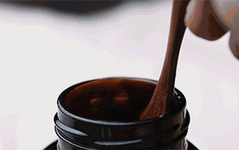
One spoon of gaozi formula is equivalent to ten decoctions; every drop is essence.
Supplement in winter, and you will be free from illness next year.
Supplement in winter, and you will be ready to tackle challenges in spring.
Gaozi, also known as gaoji, gaozi medicine, or decoction paste, is named after its form and belongs to one of the eight types of traditional Chinese medicine preparations: pills, powders, pastes, elixirs, wines, tinctures, soups, and tablets. It has a long history of development in China. Gaozi first appeared in the pre-Qin period, originated in the Han and Tang dynasties, was transmitted during the Song dynasties, and flourished in the Ming and Qing dynasties, with modern gaozi becoming more widespread.
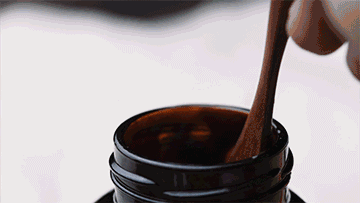
Gaozi is a traditional Chinese medicine preparation; the formula refers to the prescription in TCM. Gaozi is an individualized prescription formulated based on a person’s different constitutions and clinical manifestations, where herbs are decocted to extract their essence and mixed with excipients to create a thick semi-liquid or gelatinous form, serving to nourish and prevent diseases.
Gaozi embodies the wisdom of TCM’s pattern differentiation and holistic view, representing the perfect integration of medicine and herbs.
01Functions of Gaozi
Prevent disease before it occurs, prevent changes in existing diseases, and prevent recurrence after recovery.
Gaozi itself has a good nourishing effect on the body, with both therapeutic and preventive benefits.
Modern research shows that gaozi can regulate the body’s immune function, enhance stress resistance, eliminate free radicals, and improve physiological system functions.
Support the righteous and replenish the deficient
The main function of gaozi is to support the righteous and replenish the deficient, regulate yin and yang, nourish the organs, benefit qi and blood, assist the righteous qi, and enhance the body’s ability to resist pathogens and recover. Gaozi typically integrates the four categories of tonifying qi, blood, yin, and yang in clinical practice.
Regulate constitution
Constitution is influenced by both genetic factors and environmental factors, often leading to imbalances during growth and development, resulting in disharmony among the organs and various physical and psychological discomforts. For such imbalanced constitutions without disease, gaozi is prescribed based on differentiation to adjust the constitution and restore health.
Anti-aging and body strengthening
Traditional Chinese medicine believes that aging is primarily caused by spleen and stomach deficiency, kidney qi decline, and yin-yang imbalance. Gaozi treatment can achieve the goal of regulating the spleen and kidneys and restoring yin-yang balance, thus combating aging and strengthening the body.
Prevent and treat diseases
Gaozi can be used to treat chronic diseases, prescribing gaozi tailored to different patients’ conditions to prevent and treat diseases. By enhancing immune function, it helps prevent disease recurrence and enhances resistance.
02Suitable Groups for Gaozi
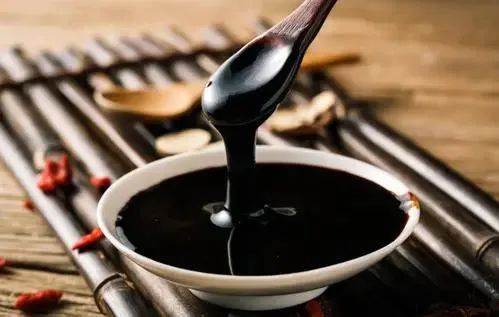
“Sub-healthy individuals”
Sub-health is a critical state between health and disease, where various tests yield negative results, yet individuals experience various discomforts, often manifesting as fatigue, recurrent infections, dizziness, palpitations, sleep disturbances, poor appetite, constipation or diarrhea, reduced sexual function, emotional instability, memory decline, inability to concentrate, sluggish responses, and menstrual irregularities in women.
Individuals over 40 years old
Since ancient times, consuming gaozi has been regarded as an important way to maintain health. TCM believes that gaozi can adjust yin and yang, replenish qi and blood, regulate the spleen and stomach, and improve the state of declining yin, yang, qi, and blood, thus delaying physiological and pathological aging.
Patients in recovery
Such as those who are extremely weak after surgery, bleeding, severe illness, or childbirth.
Special populations
Students who are prone to anxiety before exams and office workers under high stress.
Patients with chronic diseases
Respiratory diseases: Chronic bronchitis, asthma, chronic obstructive pulmonary disease, bronchiectasis, etc.
Endocrine and metabolic diseases: Diabetes, obesity, hyperuricemia, gout, hyperthyroidism, Hashimoto’s thyroiditis, etc.
Cardiovascular and cerebrovascular diseases: Coronary heart disease, hypertension, sequelae of stroke, etc.
Digestive system diseases: Chronic gastritis, gastric and duodenal ulcers, chronic colitis, functional constipation, etc.
Gynecological conditions: Menstrual irregularities, dysmenorrhea, premature ovarian failure, menopausal syndrome, postpartum weakness, etc.
Reproductive system diseases: Infertility, sexual dysfunction, etc.
Dermatological diseases: Vitiligo, beauty and skin care, hair loss, freckle removal, dry and itchy skin, and other chronic skin diseases such as chronic eczema and psoriasis in stable phases.
Otorhinolaryngological diseases: Allergic rhinitis, diabetic retinopathy, and other eye diseases.
Kidney diseases: Chronic nephritis, nephrotic syndrome, chronic urinary tract infections, kidney stones, etc.
Rheumatic and immune diseases: Rheumatoid arthritis, Sjögren’s syndrome, etc.
Cancer recovery: Recovery from various cancers and post-operative, post-chemotherapy, and post-radiotherapy rehabilitation.
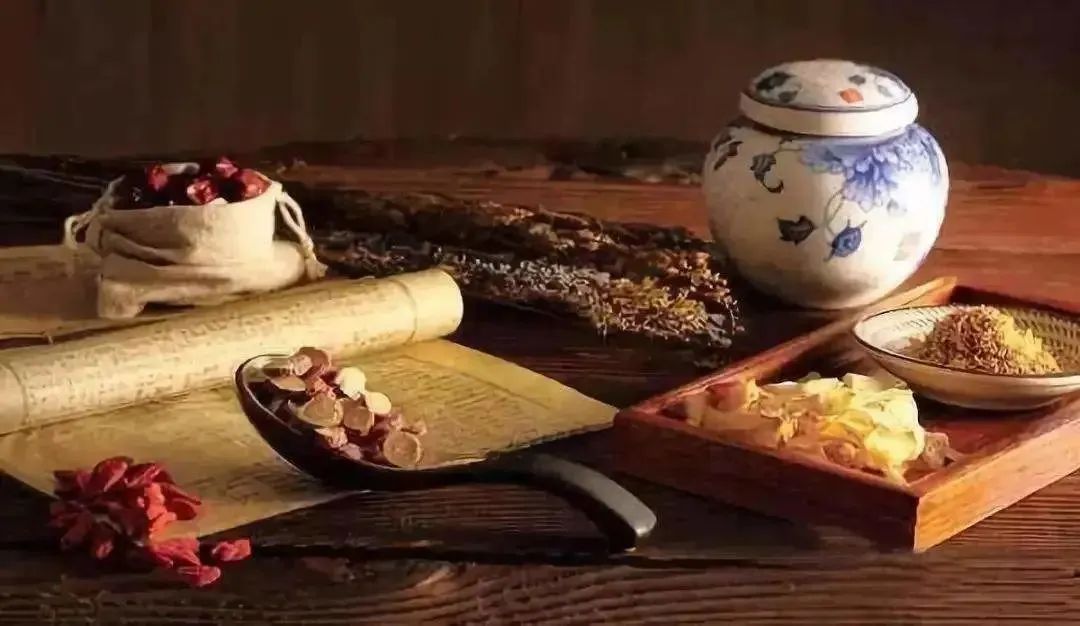
03Classification of Gaozi
Classification by added ingredients:
Plain gao: Gaozi processed without adding animal-derived medicines or animal glues, using only sugar or honey as excipients; the former can be called “sugar paste,” and the latter can be called “honey paste.”
Meat gao: Gaozi that includes animal-derived medicines such as placenta, deer antler, and seahorse, or during processing, in addition to sugar or honey, animal glues such as donkey-hide gelatin, turtle shell glue, and deer antler glue are added.
Classification by processing method:
Finished gaozi: These gaozi have generally few medicinal flavors and simple compositions, suitable for a wide range of people, such as Yimucao gao (Motherwort Paste), Erdong gao (Two Winters Paste), Erxian gao (Two Immortals Paste), Guiling gao (Tortoise Shell Paste), and Pipagao (Loquat Paste).
Customized gaozi: Prescribed by doctors based on the patient’s physical condition, processed by qualified institutions. Each dose of gaozi is suitable only for the individual patient, with personalized prescriptions for targeted treatment.

Tips for Taking Gaozi
1. Can gaozi be taken in non-winter seasons?
In fact, using gaozi for winter nourishment is one aspect of its application. On the other hand, since gaozi has both nourishing and preventive effects, following the natural law of “spring growth, summer growth, autumn harvest, winter storage,” it can be taken in all four seasons according to the body’s changes in different seasons. Following the theory of harmony between heaven and man, winter is for substantial nourishment, while summer is for light nourishment, with summer gaozi being suitable as plain or light gao, and appropriately adding herbs that strengthen the spleen and regulate qi to eliminate dampness.
2. At what age should one start taking gaozi?
It is recommended to start taking gaozi after the age of 40. According to the “Huangdi Neijing: The Great Treatise on Yin and Yang,” “At forty, yin qi is half diminished, and vitality declines.” After 40, the body begins to age, and various functions start to decline, hence it is generally advised to start taking gaozi after this age. However, for those with significant congenital deficiencies or severe deficiencies, if they are suitable for gaozi treatment or regulation based on differentiation, there is no age limit, and it should be based on the doctor’s advice.
3. Can children take gaozi?
It is not recommended for children under 4 years old.
4. Can diabetics take gaozi?
Yes, they can. The common excipients in gaozi are honey or syrup; if a diabetic is using it, they can replace the excipients with xylitol.
5. What is a “kai lu fang”?
A “kai lu fang” refers to a preparatory herbal decoction that some patients need to take before officially starting gaozi. This decoction is typically taken for about two weeks to cleanse the stomach and intestines, eliminate pathogenic factors, and prepare the body for the subsequent intake of the relatively rich gaozi.
6. Can prescriptions be made online?
Gaozi is an organic combination of nourishment and treatment, requiring precise differentiation and individualized prescriptions to achieve the goals of replenishing deficiencies, preventing diseases before they occur, and preventing changes in existing diseases. As the famous gaozi expert Qin Bomei said: “Gaozi is not merely a supplement; it also contains the meaning of correcting imbalances and treating diseases. Therefore, the selection of herbs for gaozi must consider each individual’s constitution and apply appropriate tonification, warming, clearing, and astringent methods; it must also consider the root of each disease and apply methods to generate fluids, benefit qi, consolidate essence, and nourish blood.” Therefore, it is recommended to consult a hospital for differentiation before obtaining a prescription.
7. What is the method for taking gaozi?
Timing: It should be taken on an empty stomach, as the stomach and intestines are empty, allowing for better absorption without interference from food, and the medicinal effects can be maximized. If there is discomfort when taking it on an empty stomach, it can be taken when slightly hungry.
Methods:
① Direct consumption. Take a tablespoon of gaozi and place it in a cup (bowl), pour in about 200ml of boiling water at around 90°C, stir well until dissolved, and drink warm.
② Mixed consumption. Use appropriate herbal decoction or a suitable amount of yellow wine, heat it in a water bath, mix well, and consume. If the gaozi is too thick due to excessive rich herbs, it can be melted in boiling water before consumption.
③ Sublingual consumption. Also known as “holding and dissolving.” Place the gaozi in the mouth, allowing it to dissolve slowly, and swallow the essence, such as in the case of Qingguo gao for treating chronic pharyngitis.
8. What should be avoided while taking gaozi?
To fully realize the medicinal effects of gaozi, individuals should try to cooperate with their dietary habits and daily activities; otherwise, the efficacy may be diminished or even ineffective.
Generally, it is believed that during the period of taking gaozi, one should avoid eating raw radishes, radish seeds, and limit high-fat foods (such as fatty meats, fried foods, and baked meats), raw and cold foods (such as sashimi and salted crabs), and overly spicy foods (such as very spicy hot pot). Alcohol and smoking should also be avoided. It is best to wait more than 3-4 hours after taking gaozi before drinking tea or coffee, as they can affect its efficacy.
9. What are seasonal gaozi?
Following the natural law of “spring growth, summer growth, autumn harvest, winter storage,” gaozi can be taken in all four seasons according to the body’s changes in different seasons. Different gaozi with various effects are selected based on seasonal characteristics: spring for liver qi regulation, summer for clearing heart fire, autumn for moistening lung dryness, and winter for nourishing kidney essence.
10. Is gaozi covered by health insurance?
Currently, gaozi is a self-paid item and cannot be covered by personal or health insurance accounts.
Gaozi Team
Internal Medicine: Chief Physician Li Jinsong
Specializes in the diagnosis and treatment of endocrine diseases such as diabetes, thyroid diseases, gout, and various internal medicine conditions, as well as TCM treatment for various post-operative conditions.
Neurology: Chief Physician Lin Anji
Specializes in treating stroke, insomnia, dementia, headaches, dizziness, sleep disorders, anxiety and depression, tremors, epilepsy, hypertension, and hyperlipidemia.
Gastroenterology: Chief Physician Chen Yibin
Specializes in chronic gastritis, peptic ulcers, gastroesophageal reflux disease, irritable bowel syndrome, inflammatory bowel disease, and the regulation of spleen deficiency and damp-heat syndrome.
Dermatology: Chief Physician Lü Haipeng
Specializes in TCM and integrated TCM-Western medicine treatment of common dermatological conditions, cosmetic skin diseases, and difficult cases such as psoriasis, vitiligo, hair loss, acne, melasma, eczema, and peripheral vascular diseases, as well as laser treatment and prevention of skin aging.
Gynecology: Chief Physician Chen Jinhong
Specializes in the integrated TCM-Western medicine diagnosis and treatment of reproductive endocrine diseases, infertility, menopausal syndrome, endometriosis, and the regulation and health care of threatened abortion and recurrent miscarriage.
Andrology: Chief Physician Zou Qiang
Specializes in integrated TCM-Western medicine treatment of male infertility, sexual dysfunction, ejaculation disorders, libido disorders, prostate diseases, urogenital infections, hematospermia, and various andrological diseases, as well as internal medicine conditions such as kidney deficiency and fatigue.
Respiratory Medicine: Chief Physician Ye Gangfu
Specializes in respiratory infections, asthma, chronic bronchitis, emphysema, bronchiectasis, acute and chronic cough, chronic pharyngitis, and TCM treatment of difficult internal medicine conditions and sub-health regulation.
Thoracic Surgery and Breast Surgery: Associate Chief Physician Zhou Ruijuan
Specializes in TCM treatment of breast hyperplasia, mastitis during and after lactation, benign breast tumors, and comprehensive treatment of adverse reactions in breast cancer.
Orthopedics: Associate Chief Physician Lin Weixin
Specializes in the integrated TCM-Western medicine treatment of arthritis, lumbar disc herniation, cervical spondylosis, osteoporosis, and physical conditioning, as well as guidance on health exercises.
Appointment Methods
1. Appointment via the “Xiamen Traditional Chinese Medicine Hospital” WeChat account:
“Xiamen Traditional Chinese Medicine Hospital” WeChat account ➡ Internet Hospital ➡ Outpatient Services ➡ Appointment Registration ➡ Gaozi Outpatient.
2. Appointment via the “Beautiful Xiamen Smart Health” WeChat account:
“Beautiful Xiamen Smart Health” WeChat account ➡ Appointment Guidance ➡ Hospital Appointment ➡ Xiamen Traditional Chinese Medicine Hospital.
3. Call “96166” to make an appointment.
4. Use the self-service appointment machine at our outpatient department.
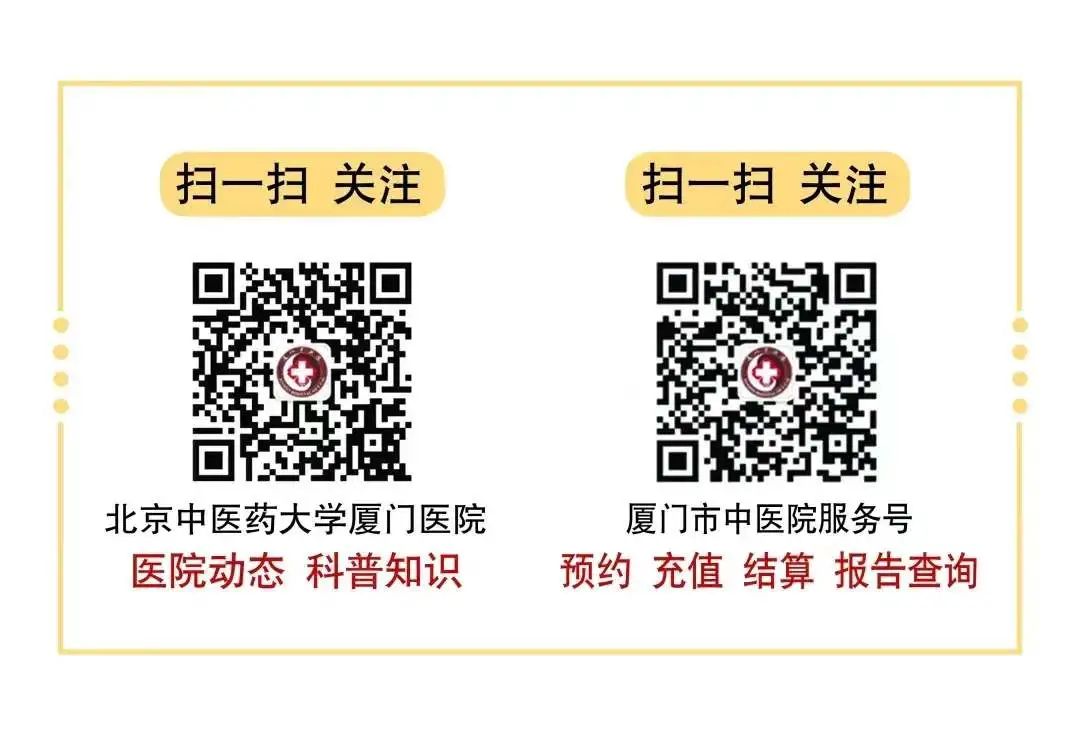
Provided by the Pharmacy Department

